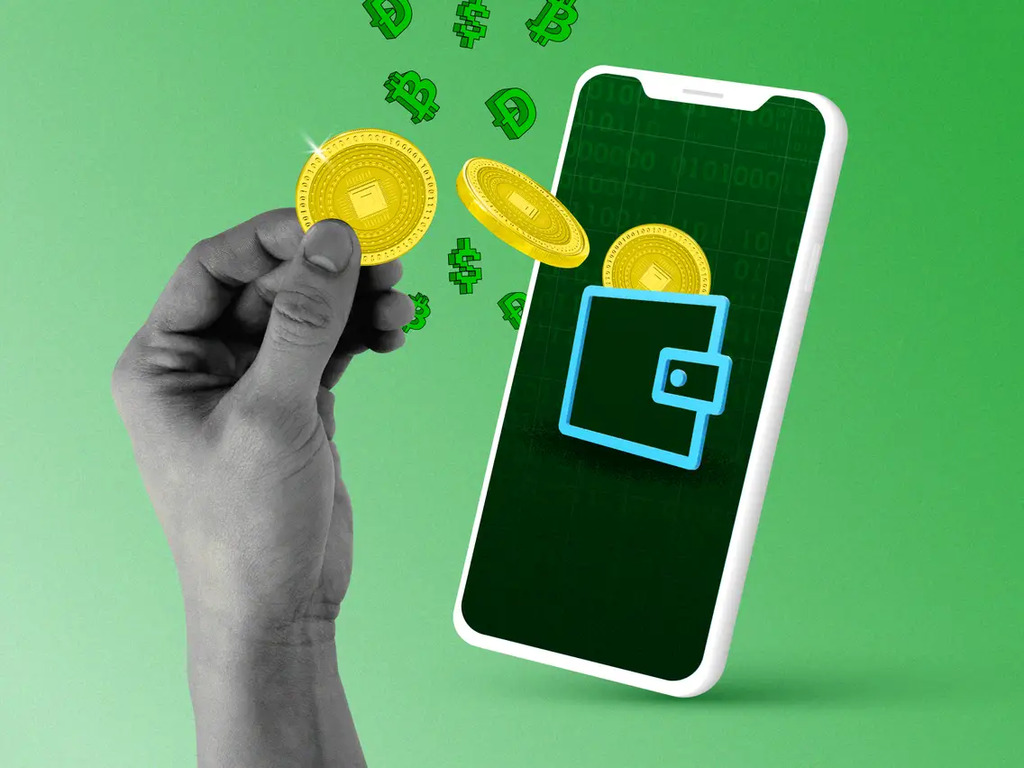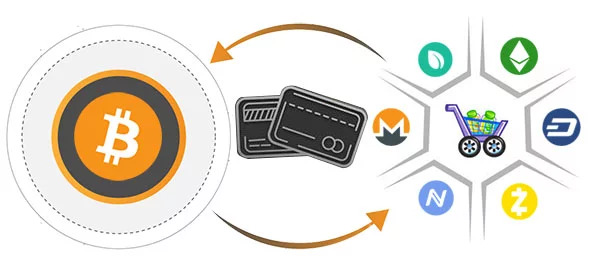The term “crypto payment processing” refers to the handling of bitcoin transfers. Traditional payment service providers are giving way to crypto payment processors and cryptocurrency payment platforms as cryptocurrency payments gradually replace conventional currency payments. Because of this, a new industry has emerged: crypto payment processing, or the handling of cryptocurrency transfers.
Cryptographic Processing’s Tricky Aspects

Source: insider.com
Cryptocurrencies are volatile. For example, purchasing and trading Ethereum or Bitcoin at the same price is extremely difficult. This is why businesses that take cryptocurrencies run the danger of not getting paid in full.
1. Scalability
Cryptocurrency infrastructures are slower than their conventional money equivalents. Up to five Bitcoin transfers are processed by the network every second. Ethereum can handle 30 transactions per second. Up to 1,500 transfers can be processed per second using the Ripple method, while EOS can handle up to 4,000. Visa processes 24,000 payments per second.
2. Regulations
Because cryptocurrencies are generally not recognized as legal money, businesses that take them as payment may face complications. Paying taxes on cryptocurrency-earned money or earnings also presents challenges.
3. Fees
Payment companies and networks typically charge cryptocurrency purchases at greater costs.
Should You Allow Cryptocurrency Purchases?

Source: idgesg.net
As the need for quick electronic transfers increases around the globe, the industry of Cryptocurrency payment processors is increasing in prominence. Even though there is room for new players, the growing appeal of coin payments is helping crypto payment companies expand.
You should begin taking cryptocurrency purchases because of the following reasons:
- Geographical range. The division of the payment environment is an issue that crypto payments help to address. Customers in virtually any nation can buy goods and services from merchants in any other nation. This is usually not an option when using plastic or an electronic wallet.
- Reliability. There are a number of reasons why conventional processors or banks might reject a transaction, such as a purchase made on a gambling website. Cryptocurrency payment processors are the best option in these circumstances because a blockchain device cannot halt a transaction.
- Cost-efficiency. The average fee for a cryptocurrency exchange is 1% of the total deal.
- Rate of withdrawal. In some fields, processing a transfer from an electronic wallet can take up to a week. Cryptocurrency accounts allow faster withdrawals.
The Concept of a Cryptocurrency Payment Mechanism

Source: teachablecdn.com
A cryptocurrency payment portal, also known as a cryptocurrency white-label payment gateway, is a tool or network that facilitates the acceptance of cryptocurrency purchases by businesses. The eight primary tasks it performs as an intermediate are as follows:
- Stored information about the cryptocurrency owner or recipient;
- If required, performs a currency conversion using the given rate;
- Conducts the check (perhaps using 3ds);
- Takes a customer’s coin as money;
- Broadcasts transaction information to the network and logs node approvals;
- Performs a cash currency conversion on coinage received (at the merchant’s request);
- Sends money to a retailer;
- Payment transaction proof is provided.
A crypto payment provider makes it simple to take coin purchases, expanding the range of choices available to your customers.










